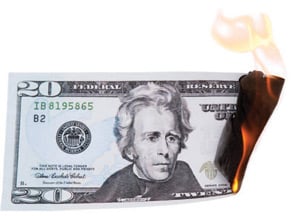MILESTONES: UNITED STATES
By Denise Bedell
 |
As budget season for US State and municipal authorities pushes into high gear, and as hedge funds and money managers begin touting the potential value of distressed municipal bonds,US-based corporations may find themselves bailing out state and local governments. The current round of dire warnings and muni market fears arose from a forecast by banking analyst Meredith Whitney, who predicted as many as 100 sizable state and municipal debt defaults over the next few months. But since then hedge funds have begun pouring money into the space, citing growing yields and relatively low historic risk levels. However, the budget deficits, pension shortfalls and ongoing financing needs of US state and municipal authorities are far from being solved. According to the Center for Budget and Policy Priorities, US state operating budget shortfalls total $125 billion for 2012.
For US-based corporations,that represents a cause for considerable concern:States facing shortfalls could raise corporate tax rates and possibly scrap business incentives as a way to replenish state coffers. In fact, companies in at least one state have already been feeling the pinch. In early 2010 the Illinois legislature pushed through a near-doubling of corporate tax rates and raised individual tax rates by 66% in order to tackle the state’s $15 billion budget deficit and pension liability funding shortfalls predicted at as much as $80 billion. Companies based in Illinois now face the fourth highest tax rate in the nation, with a combined federal and state tax rate of 41.2% for fiscal year 2010, according to data from the OECD and The Tax Foundation.
With countless other states facing similar situations,the question is whether they will take a similar approach and raise corporate and individual taxes. This not only has an immediate impact on companies’ tax bills but also has a larger impact on economic revival within those states.
OECD data show that for 2010 the US has the second highest statutory (combined federal and state) corporate tax rate of OECD countries at 39.2%—just below Japan at 39.54%. The US rate rose from 39.10% in 2009, solely on the back of rising state tax rates. The federal corporate tax rate was steady at 35% year-on-year.



